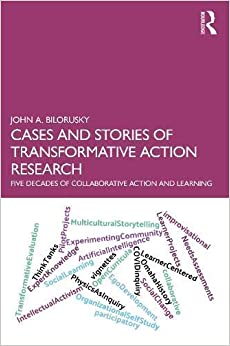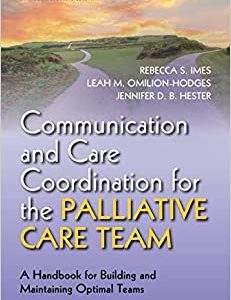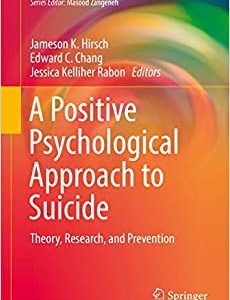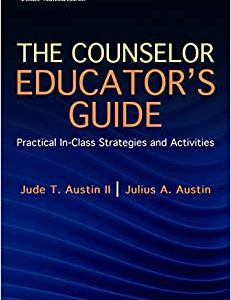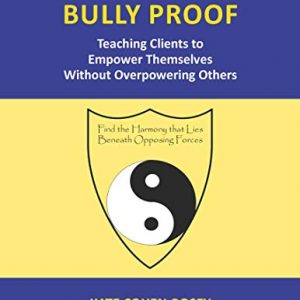Some projects are large-scale, and some are modest interventions in the everyday lives of those participating. Some are formal organizational efforts; others are the results of individual or small group initiatives. Included are chapters on: community needs assessments and innovative, grassroots approaches to program evaluation; the challenges of improving our decision-making during the crisis of the COVID-19 pandemic; strategies of intellectual activism in addressing the growing problem of workplace bullying; action research to preserve and share the history of the Omaha tribe; and plans for an innovative school-based project based on collaborative action-and-inquiry between students and artificial intelligence. In addition, there are a number of detailed stories about the use of transformative action research in such areas as: somatic and trauma counseling, ethnic studies, health disparities, gender differences, grassroots popular education, and the improvement of statewide steps for preventing child abuse, among many others.
This book can serve as an undergraduate or graduate social sciences text on research methods. It is also a guidebook for action-oriented research by academics, professionals, and lay people alike.

